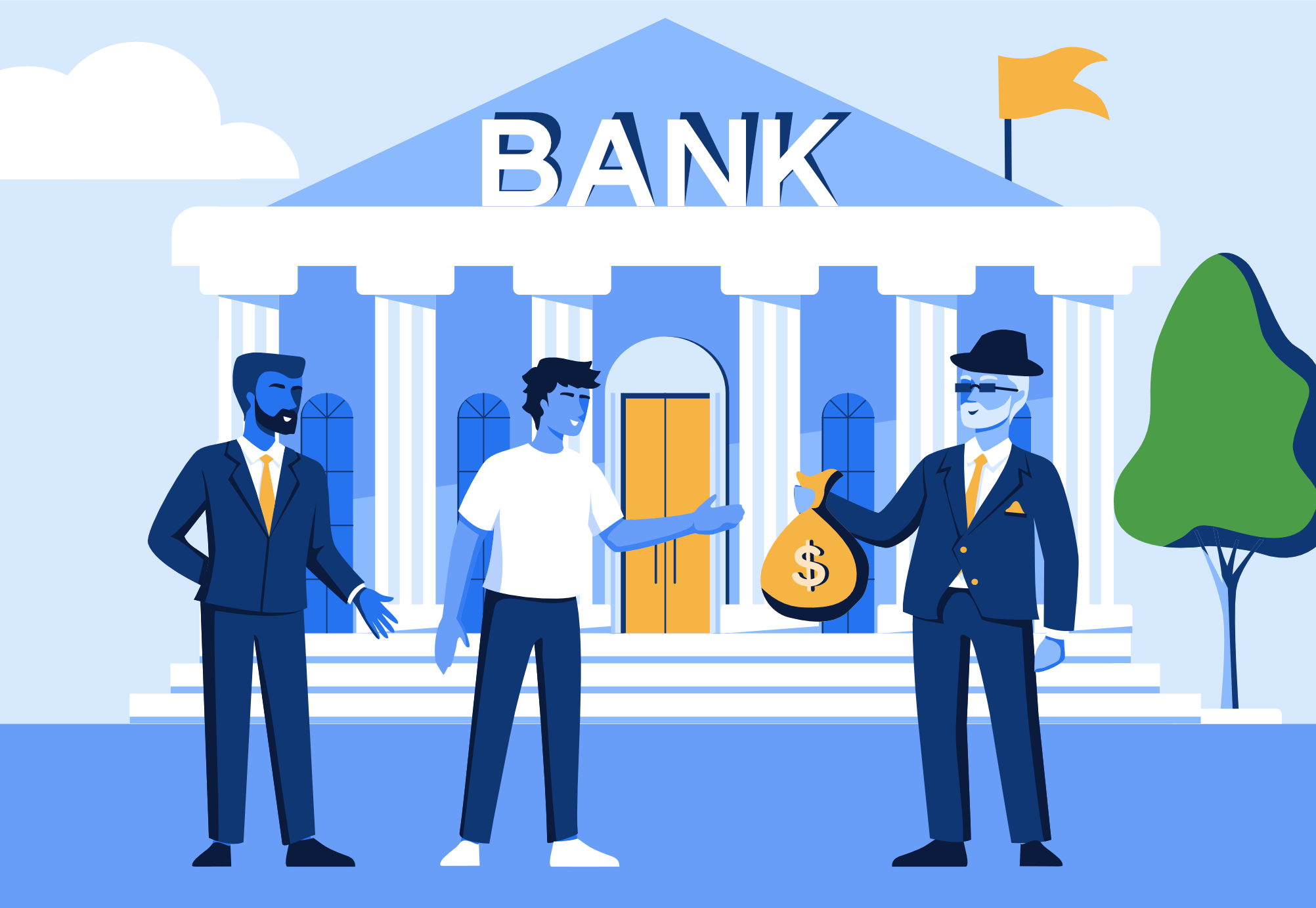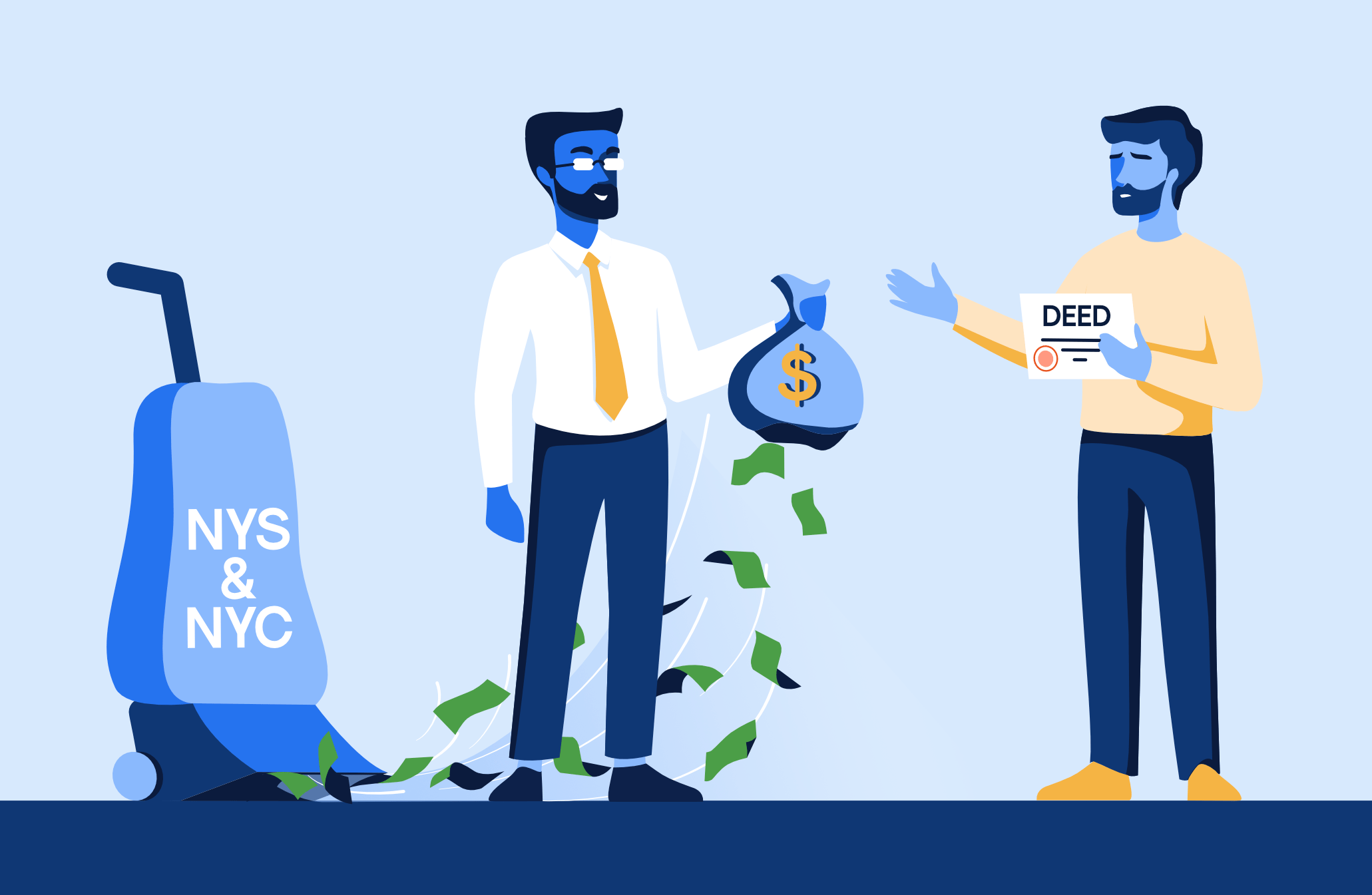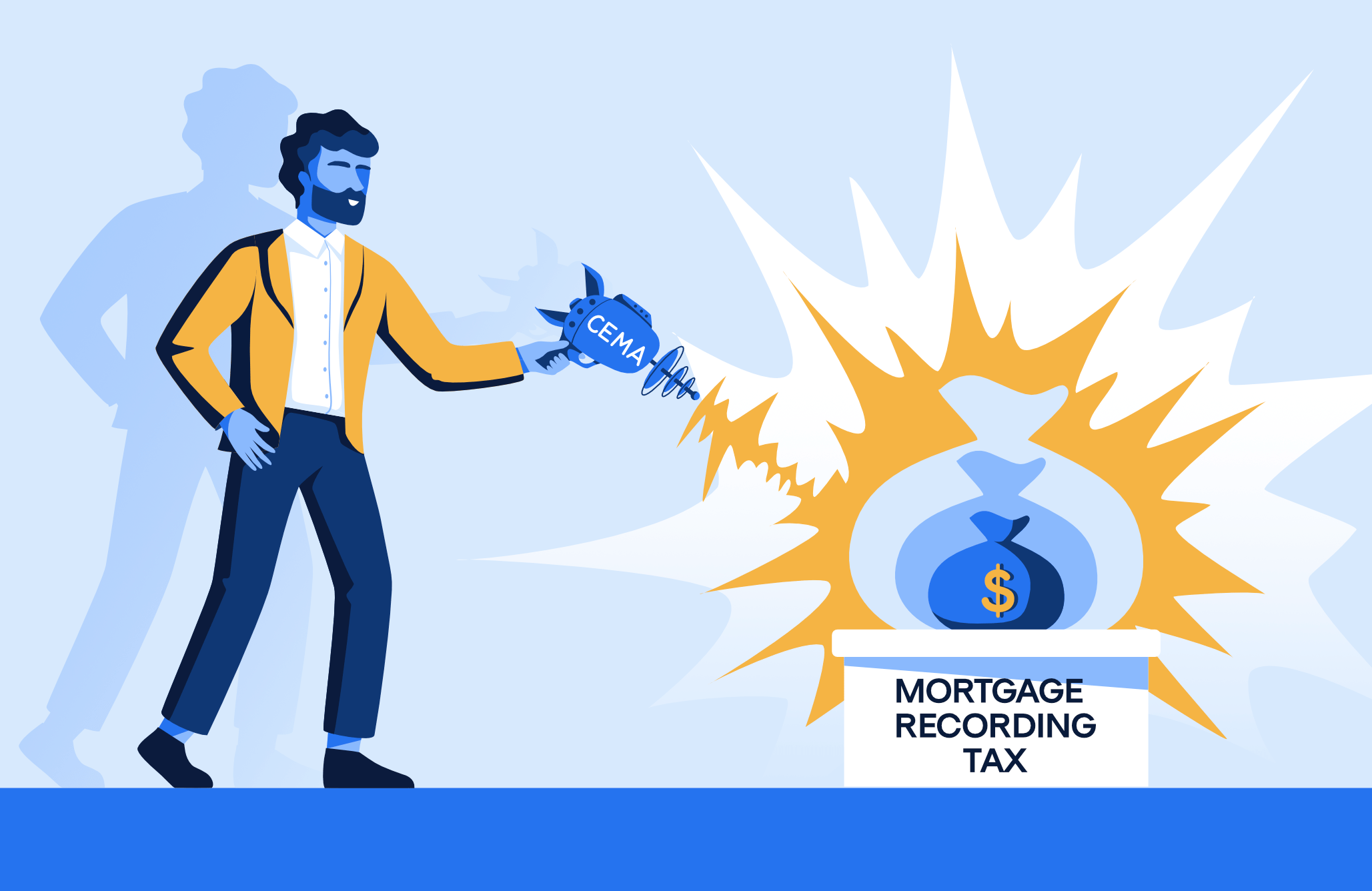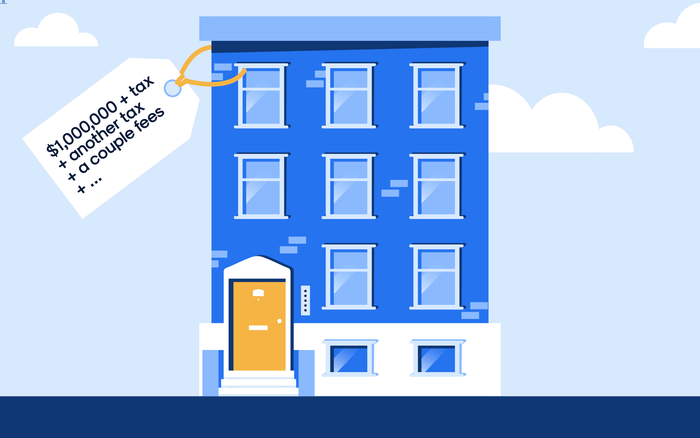The mortgage recording tax is often a NYC buyer's largest closing cost so it's important to find out how much it is, when it's due and how to avoid it.
What Is The Mortgage Recording Tax In NYC And Who Pays It?
The mortgage recording tax is charged by New York State “on the privilege of recording a mortgage on real property located within the state.” In addition, New York City charges its own tax as do other counties.
In NYC, the buyer pays a mortgage recording tax rate of 1.8% if the loan is less than $500,000 and 1.925% if more than $500,000 or more. Buyers of commercial property pay 2.55%.
These rates are what the buyer is responsible for. Your mortgage lender will also contribute 0.25%. As a very small consolation prize, NYC chips in the first $30!
The tax only applies to real property like condos and houses. Co-ops are personal property so avoid the mortgage recording tax. If you’re putting down the typical 20%, it will likely be your largest buyer closing cost.
The history of New York's mortgage recording tax dates back to 1906 when it was first established by the state. Today, it is a big money maker for both the state and city. NYC is budgeting for it to generate $812 million in fiscal 2026 and in fiscal 2025, it brought in $770 million.
New York Mortgage Recording Tax Example
Calculating your mortgage recording tax is very easy. We'll use the average NYC home value of $1,000,000 for our example -
- Purchase Price: $1,000,000
- Down Payment: $200,000 (20%)
- Amount of Mortgage: $800,000 (80%)
- Mortgage Recording Tax: $15,370 (1.925% of the mortgage amount less $30)
If you are putting down the normal 20%, it's often easier to think of the mortgage recording tax as a little more than 1.5% of the purchase price.
Please keep in mind this example has a loan over $500,000. If the loan amount was less than $500,000, the tax would be 1.8%.
How To Avoid Paying The Mortgage Recording Tax
Thankfully, there are a few ways around the mortgage recording tax -
Buy A Co-op
Remember that the mortgage recording tax only applies to mortgages on real property. That’s a big deal because when you buy a co-op, you’re buying personal property.
Real property is a piece of real estate like a house or a specific condo unit. For co-ops, you’re buying shares in the building and the proprietary lease to live in a specific unit. Shares and leases are personal property, not real property, so there is no mortgage recording tax.
Buying a co-op is the easiest and most obvious way to avoid the entire tax.
While there are no plans to close this loophole, a 2015 analysis by New York's Independent Budget Office estimated doing so would raise almost $150 million per year.
CEMA
A "Consolidation, Extension or Modification Agreement" or CEMA is another, albeit more complicated option. This is basically when you take over the current owner's mortgage. Since there’s no new mortgage recorded with the city or state, there's no new mortgage recording tax.
However there are a few requirements for CEMA to be a possibility -
- There must be an outstanding mortgage on the property
- The mortgage must be large enough to make a CEMA worthwhile
- The seller must agree to cooperate
- The seller's bank and your bank must also cooperate
In order to make a CEMA worthwhile, you really need the seller to have a loan of at least $500,000. Both sides will have a few thousand dollars of expenses so once you get below $500,000, the incremental delays and complexity aren't worth the net savings.
You should discuss a CEMA with the seller as early as possible. While a CEMA does reduce the seller's New York State transfer taxes, that's usually not worth the trouble and they will expect to split the mortgage recording tax savings with you.
Unless the seller is losing a lot of money or you're making a large down payment, a CEMA is only likely to reduce your mortgage recording tax, not eliminate it entirely.
How Is The Mortgage Recording Tax Filed?
The New York City Register Office collects the mortgage recording tax in Manhattan, Brooklyn, Queens and the Bronx. The Richmond County Clerk collects it in Staten Island.
All property documents for Manhattan, Brooklyn, Queens and the Bronx are recorded online using ACRIS, NYC’s online database of public property records. Documents for Staten Island must be recorded in person at the Richmond County Clerk’s Office.
Form MT-15, otherwise known as the Mortgage Recording Tax Return, needs to be properly filed to record your mortgage.
Does The Mortgage Recording Tax Apply To Other Types of Mortgages?
Refinances - You shouldn’t have to pay the mortgage recording tax when refinancing but that’s not guaranteed. Especially if you are using a new lender, you could get stuck paying if they don't handle the transaction properly. Make sure to bring this up with your lender(s) to discuss your specific transaction and minimize the chance of triggering another payment.
Home Equity Line of Credit (HELOC) - On the other hand, the mortgage recording tax does apply to HELOCs. Not only that, it applies to the full amount of the credit line available, not how much you draw on the line. For example, if you open a $200,000 HELOC on your condo but never touch it, you will still owe a mortgage recording tax of almost $4,000.
Is The New York Mortgage Recording Tax Deductible?
The mortgage recording tax is not deductible against income but it does increase your cost basis for the property. When you sell, it would shield an equivalent amount of capital gains, reducing taxes at that point.
Disclaimer: This post should not be used as tax advice. Please contact a qualified accountant if you have any questions about your particular situation.



